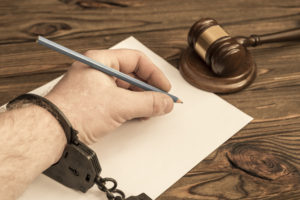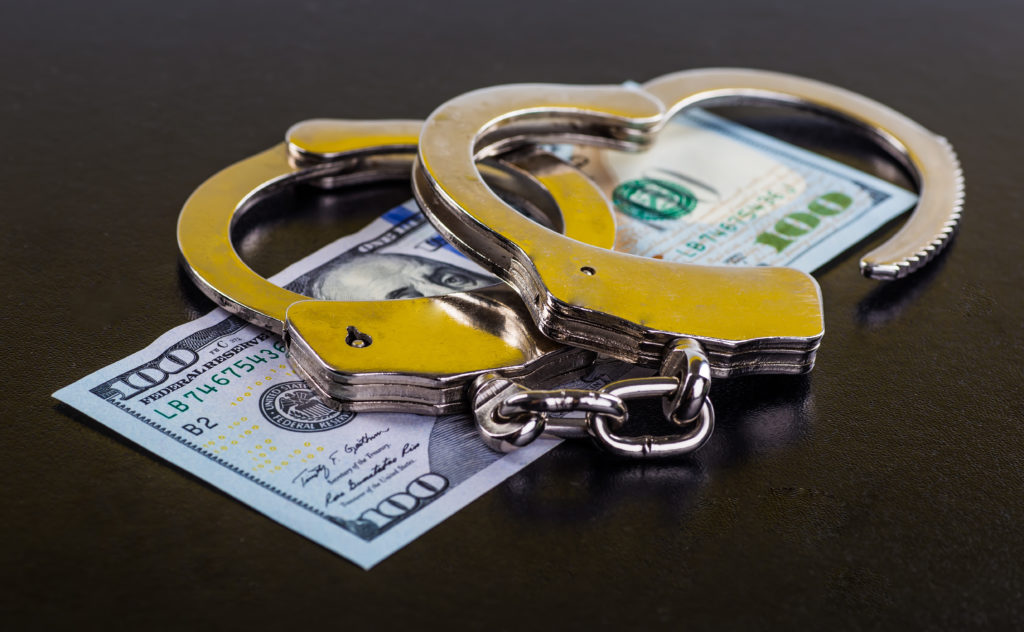Have you or a loved one recently been thrown in jail? Are you confused about the bail process and what it means for your case? If so, then you need to learn as much as you can about bail and bail bonds.
Doing so can give you leverage, even in a murky situation. Knowing your options could mean the difference between sitting in jail or getting some freedom leading up to your court dates. It never hurts to learn more.
See below for an in-depth guide on how bail bonds work, as well as answers to other common questions regarding bail bonds.
What is Bail?
Everyone has heard of the phrase: “making bail”, but very few people actually understand the role that it plays after someone is arrested.
Bail is the technical term used to describe the predetermined amount of money that a court sets for someone that’s been put in jail. If this bail is paid for in cash, then it allows the defendant (the person in jail) to be released from jail until their court date (which is also predetermined).
Sounds easy enough, but here’s the catch: courts intentionally place the bail at a very high threshold. It’s often thousands of dollars.
Why would they do that? To try and ensure that you can’t cover the bail. Most people don’t have $20,000 or more in cash to be placed towards paying bail, and if they do, then they’ll be sure to attend every court date that they’re given to avoid further penalty.
That’s the entire thought process around bail: to give the court insurance. Since the person in jail often can’t cover the cost of bail, they reach out to trusted bail bondsmen to post the bail for them. In doing so, the defendant is allowed to be released from jail on the understanding that they appear for their upcoming court date(s).
What Are Bail Bonds?
Now that you know what bail is, what are bail bonds? What does the term mean and how can it help you during this hectic time?
As we just covered, when a defendant can’t afford to post bail for themselves (which is usually the case), they hire a bail bondsman to come in and post the bail for them. After that, the defendant is allowed to return home and await their court hearing.
Even though the defendant doesn’t have to sit in jail, there are still certain responsibilities that they are on the hook for. Those responsibilities depend on the case.
For civil cases, a bail bondsman will use a civil bail bond, which ensures that the defendant will pay back the entirety of the bond with interest as well as any additional costs the court assigns to them.
For criminal cases, a bondsman will use a criminal bail bond. This insinuates that the defendant will appear for his or her trial at the place and time that the court summons them. It also ensures that they will pay back the fines that the court assigns to the defendant.
How is the Bail Bond Paid?
Once a judge sets the bail amount, the defendant can choose whether or not to post the bail. If they can’t afford it themselves, then they can hire a bail bondsman with the understanding that the defendant pays 10-percent of the total.
The rest of that bail bond is secured through various collateral that you might have. For example, you may use your car as collateral for your bail bond.
Once all of the math adds up, the bail bondsman will post the bail, thus allowing you to return home to your family.
Why Are Bail Bonds Important?
You probably have a few answers for this question by reading this far into the article already. It’s no secret that being arrested is one of the most stressful moments in a person’s life. It doesn’t just affect them, but their loved ones as well.
Without bail bonds, most people wouldn’t be able to afford to post their bail. In other words: most people wouldn’t have any way to get out of jail before their court date.
That means that you’d be away from your family for what might be several months. There’s no way for you to get your affairs in order or reconnect with your loved ones before the court date occurs.
A bail bond ensures that you have time with your family during this time. Rather than sitting in jail, you can make the most of your time and try to start the path to correction.
What Happens During Court?
As we’ve touched on already, the bail is posted with the understanding that the defendant appears for their scheduled court date. But what happens from there?
If the defendant doesn’t appear for court, then they’ll be forced to pay for the bail bond via the assets they used as collateral.
If the defendant does appear, then the bail bond is no longer needed. You’ll be able to receive all your collateral with no risk of losing it. Everybody wins and your court will conclude as quickly as possible.
Consider Bail Bonds for Your Situation Today
Now that you have seen an in-depth guide on what bail bonds are and why they’re so important, be sure to use all of this information to your advantage.
Take the time to read this article for more information on the impact that coronavirus has had on court proceedings. To get started, call us right away at 915-877-9293 and we will be happy to assist you further.


 We all know that emergencies never happen at a convenient time. When it comes to you or a loved one getting arrested, dealing with bail bonds at all hours of the night or early morning hours can be a challenge. However, at
We all know that emergencies never happen at a convenient time. When it comes to you or a loved one getting arrested, dealing with bail bonds at all hours of the night or early morning hours can be a challenge. However, at